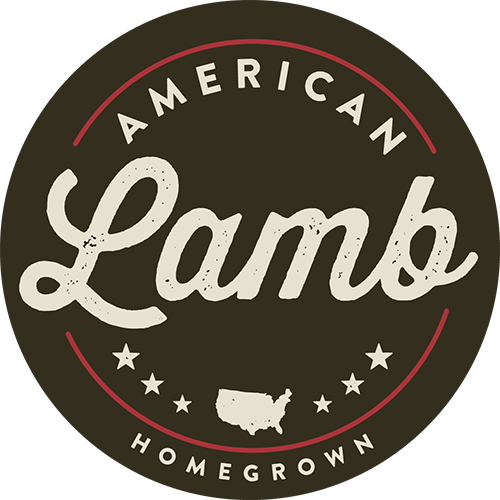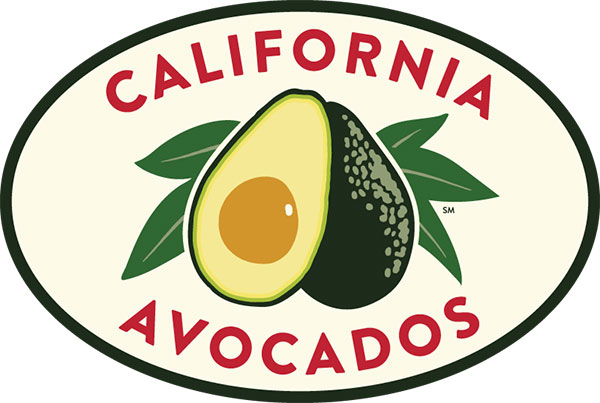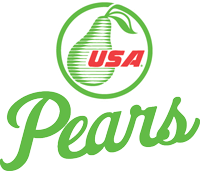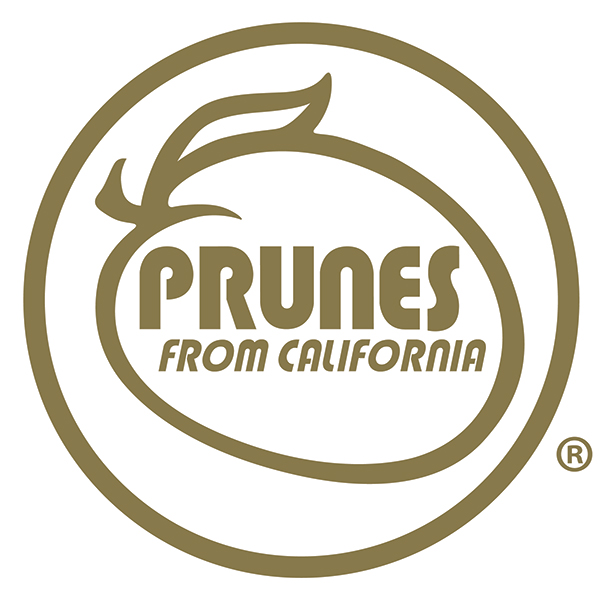
Professional Development Courses Keep Instructors Current
03 January 2019Instructors’ abilities to enhance their knowledge and skills through the convenience of online - and in many cases free - courses is a real advantage.
By Lisa Parrish, GMC Editor
The foodservice landscape is constantly changing and culinary students depend on instructors to know the terrain and help them navigate toward a rewarding culinary career. One in which they are well-prepared to begin as soon as they walk beyond the educational doors.
Keeping abreast of the latest foodservice trends and nuances is not only good for students but is also a personal investment for culinary instructors. Continuing education, whether for American Culinary Federation (ACF) recertification, to meet institutional academic evaluation requirements or gain personal knowledge, is also way to differentiate instructors from their colleagues.
Paul Sorgule, president of Harvest America Ventures, former New England Culinary Institute dean and GMC Think Tank author, has worked with several commodity boards to create ACF-accredited continuing education courses. He said, “It truly takes a dynamic community to prepare today’s culinary students for the demands of an ever-changing food industry. This community includes: culinary programs; well-informed instructors; employers; accrediting agencies; and support groups like CAFÉ, commodity boards, and industry growers and producers. The best culinary programs take advantage of all of these resources.”
Continuing education hours are a benefit, but where to find them may seem daunting. And, discovering courses that are not cost prohibitive adds an additional layer of difficulty. However, a wealth of free or low-cost courses are available from various sources such as commodity boards, industry organizations and commissions.
Instructors can access professional development resources online from websites such as the ACF or other commissions. Sorgule also suggests participating in workshops and conferences such as CAFÉ’s Leadership Conference and Deans and Director retreat, Slow Food, The Chef’s Collaborative and Research Chefs Association events. Each program provides opportunities to learn, grow, enhance skills, and network with other instructors who share the same challenges and opportunities in the classroom and in the kitchen.
“Commodity boards and industry leaders build these programs because they want to ensure your students are receiving the most accurate and current information,” said Sorgule. “They provide numerous tools for instructors to use in presenting dynamic and informative supplements to complement current lesson plans.”
Listed below are a selection of professional development courses. If an ACF accredited instructor completed all seven of the highlighted courses below, then that educator will have earned 38 continuing educations hours toward recertification. Also, by attending a CAFÉ event, the instructor could add another 10 or more hours to the total.

AgriBeef:
To familiarize chefs, cooks, culinary instructors and students with the beef life cycle from birth to ranch life, transition to feed yard finishing, and completion at the processing/fabrication plant. This model is based on a sustainable, gold standard for beef handling in the U.S..
www.agribeef.com/education
15 CEH Free

American Lamb Board:
The "Curriculamb" is a comprehensive culinary educational resource on American Lamb. The "Curriculamb" includes lessons on the U.S. sheep industry, buying and handling lamb, lamb carcass and cuts, nutrition and cooking. A quiz for ACF CEH credits is also provided.
www.americanlamb.com/chefs-corner/curriculamb/
4.5 CEH – Free

California Avocado Commission:
“A Primer for Fresh California Avocados” helps chef instructors discover the natural benefits and popular appeal of Fresh California Avocados. With its rich taste and smooth texture, California Avocado moves easily across conventional and global menus, from appetizers to desserts, and across all day parts. Take-aways include recognizing the stages of ripeness, sizing, storing and handling. In addition to the CEH approved course, there are five additional labs, with tested recipes, designed by culinary instructors for culinary instructors to implement.
https://www.californiaavocado.com/foodservice/a-prime
1 CEH - Free

National Mango Board:
The "Fresh Mango Curriculum" covers the basics of how to order, cut and cook with the world's most popular fruit. The course reviews the mango’s history, cultivation and harvest, as well as demonstrates mango's versatility in hot and cold applications, its relevance in global cuisine, its unique sensory characteristics and its superfruit nutrition status. The course includes six lessons with classroom and lab exercises, recipes and a practice quiz after each.
www.mango.org/professionals/foodservice/culinary-education/
8.5 CEH – Free

National Onion Association:
“Onions Layers of Flavor Culinary Curriculum” is a comprehensive educational resource on onions. A staple for foodservice operations, the humble onion is an important part of culinary education. Curriculum includes: onion history and production, storing and handling tips, onion types, sizes and colors.
www.onions-usa.org/foodservice/culinary-education
3 CEH Free

National Watermelon Promotion Board:
Watermelon is an on-trend ingredient and more foodservice operators are embracing this versatile fruit. It can also play an important role in culinary education from garde manger to flavor versatility. That’s why the National Watermelon Promotion Board has created the culinary curriculum for instructors, students and chefs, accredited by the American Culinary Federation (ACF). The lesson plans and presentations can be used in the classroom, as an online tool or for personal development. Educators must complete the quiz and evaluation to receive the certificate for continuing education hours.
https://www.watermelon.org/foodservice/culinary-education
5 CEH Free

USA Pears:
The Pear Bureau Northwest has placed the Pear Foodservice Training Program online for easy access and monitoring. The four program topics cover the USA Pears growing region and 10 varietals; pear sizing, handling and ripeness; creative and value-added ideas for fresh pears on the menu; and exciting pear cocktails and alcohol-free beverages. The program is divided into four easy courses and takes approximately 20 minutes to complete, making it an ultra-flexible and efficient learning tool.
http://foodservice.usapears.org/training/
1 CEH – Free
COMING SOON:

California Prunes:
(The curriculum is currently being reviewed by the ACF and is expected to be completed soon.)
A three-part series of teaching modules ideal for chefs, culinary instructors, and the culinary classroom. The program’s focus is to introduce the participant to the versatile California prune and its unique applications in the kitchen and bakeshop. The modules will take the participant through an understanding of California agriculture as associated with prunes, the process of growing and harvesting the fruit, the steps involved in drying and grading prunes, distribution and most importantly – how the chef can build unique menus using a concept coined by Chef Grant Achatz of “flavor bouncing” – ensuring that a great dish is comprised of ingredients that all work well with each other creating symmetry in overall flavor. For more information or to participate in the California prunes curriculum, email This email address is being protected from spambots. You need JavaScript enabled to view it..
ADDITIONAL RESOURCES:
Instructors can find additional continuing education courses on CAFE’s Industry Resource Guide. The index contains various web sites with available professional development courses. Scan the list looking in the classifications column for the number one then click through the link to find out more.
